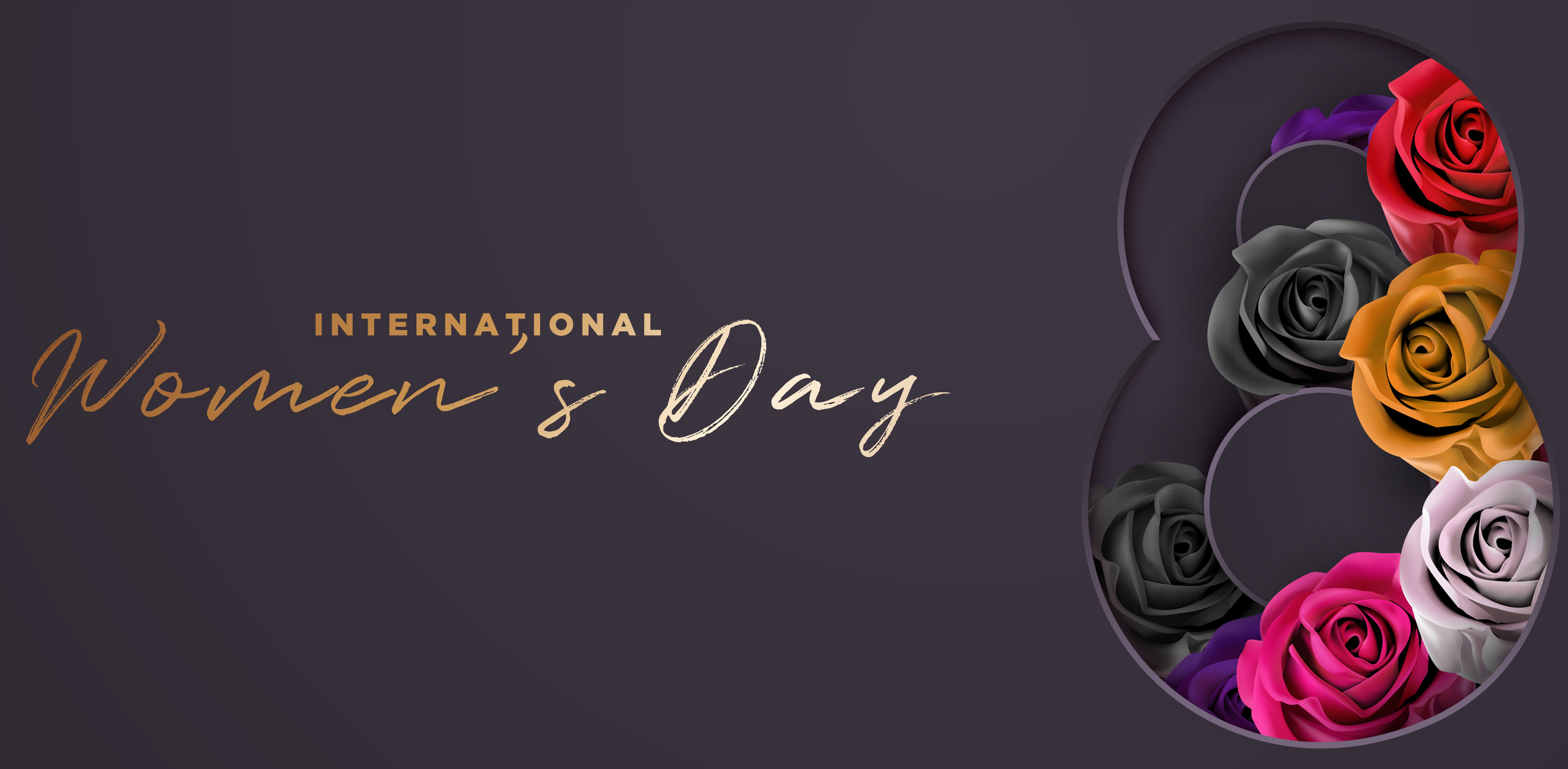International Women’s Day is observed on March 8th around the world. It’s a day to celebrate women’s achievements, bring awareness to women’s equality and rights, and recognize opportunities where more work needs to be done.
The History of International Women’s Day
The first International Women’s Day took place on March 19, 1911 in Austria, Denmark, Germany, and Switzerland. Its history can be traced back to the early 20th century with labour movements in North America and Europe calling for women to have the right to equal participation in society, including voting, working, and higher education.
The first IWD saw over 1 million women and men attending public events to show their support. As other countries began to take part over the years, the United Nations officially recognized March 8 as International Women’s Day. Today is a day of celebrating the women in our lives, of recognizing our strength as women, of advocating for our rights, and taking action to continue the work.
Women’s Rights and the Canadian Law
In Canada, we acknowledge and recognize the privilege women have compared to women in many other parts of the world. We have taken great strides as a country to uphold gender equality with the work of determined women and men. To name just a few:
Caucasian women won the right to vote in 1916 in Manitoba, Saskatchewan, and Alberta, closely followed by BC and Ontario in 1917. By 1918, all Caucasian women had the right to vote in federal elections.
- Caucasian women won the right to vote in Quebec in 1940 and in the Northwest Territories in 1951.
- Indigenous women and men won the right to vote across the country in 1960.
- In 1951, the Fair Employment Practices Act and the Female Employees Fair Remuneration Act was passed in Ontario, aimed to provide women equal pay for work of equal value.
- In 1956, the Female Employees Equal Pay Act was passed, which made sex-based wage discrimination illegal.
- In 1986, the Employment Equity Act was passed, which eliminated barriers that limit employment opportunities, including gender.
- In 2020, Saskatchewan became the first province to implement Clare’s Law, which enables police to disclose information to a victim or potential victim of domestic abuse about their intimate partner’s violent or abusive past.
Today, provincial and federal legislation structures women’s rights to equal pay, maternity leave, and protection from sexual harassment and discrimination in the workplace.
How Calgary Defence is Honouring International Women’s Day
The Government of Canada’s theme for 2022 International Women’s Day is ‘Women Inspiring Women’, celebrating women and girls who demonstrate leadership in their field and contribute to social, economic, cultural, and political areas.
As a women-led criminal defence law firm in Calgary, we hope to inspire the next generation of female lawyers to know that they can make a difference in this field. As criminal lawyers, it is our job to protect the rights of our clients. With determination and strategy, we can greatly impact our clients’ lives in their ability to work, travel, and be with their loved ones.
We honour International Women’s Day today and for the rest of the year by showing up as leaders in our line of work with integrity and compassion.

